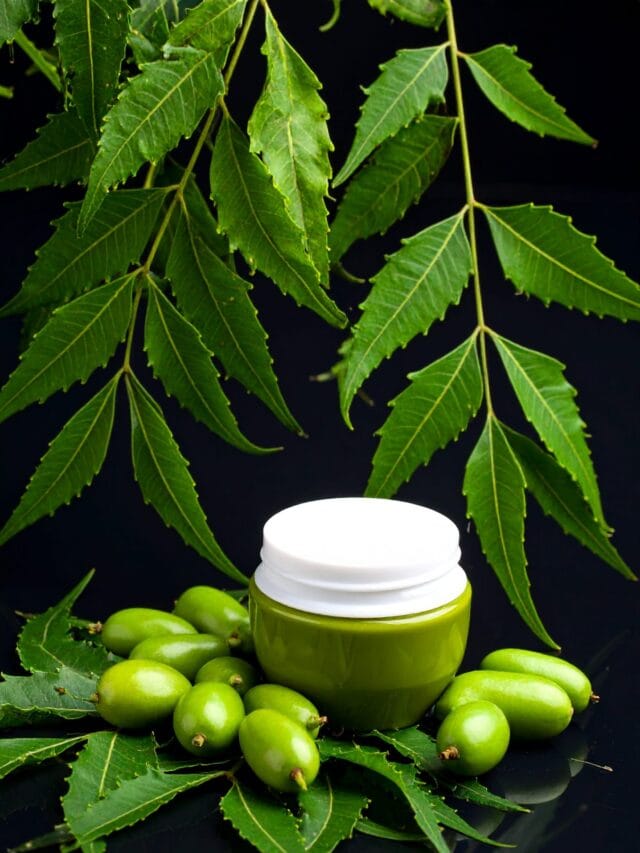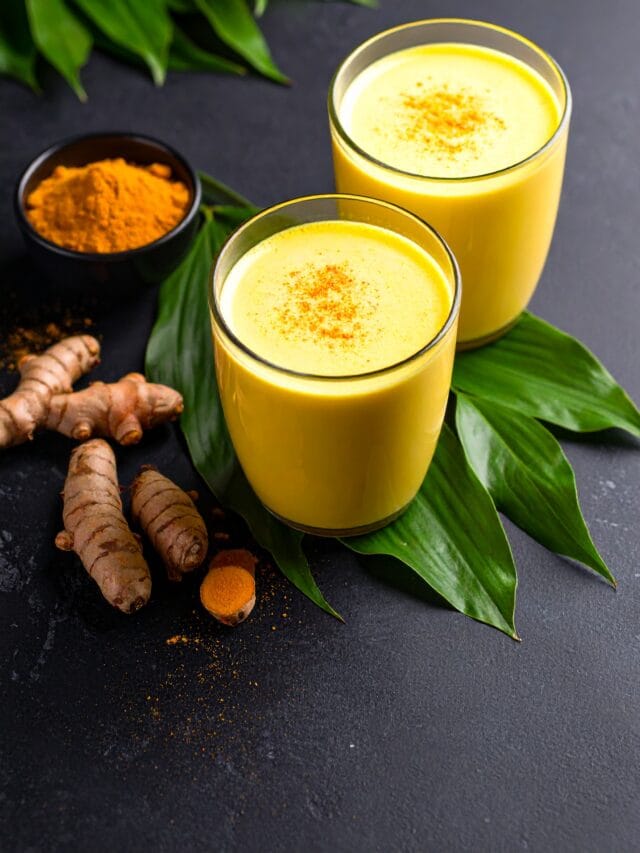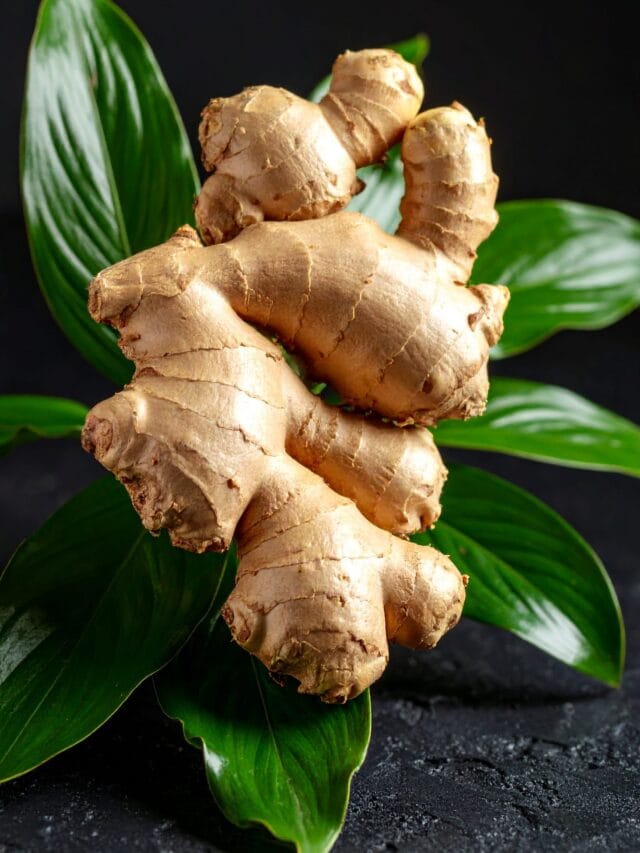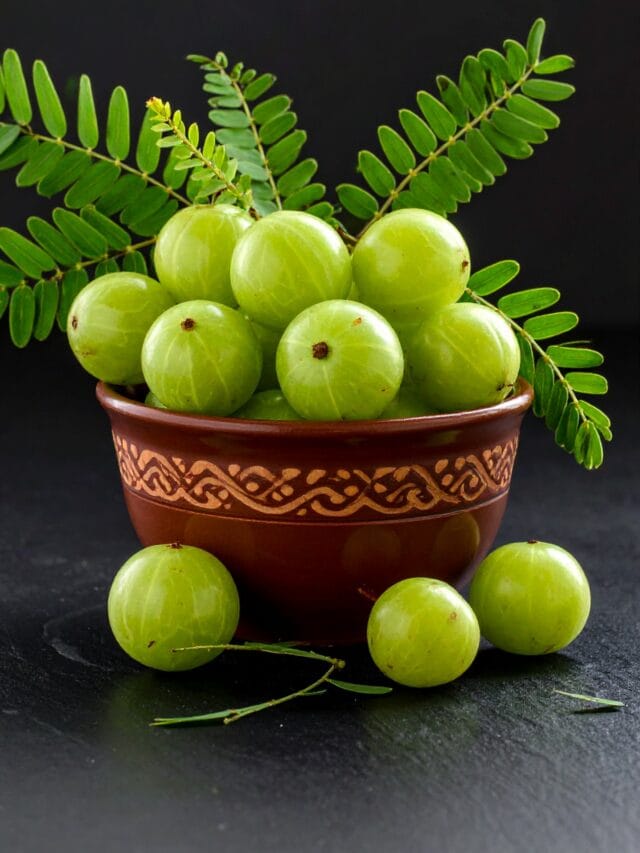If you’re a vegetarian on a weight loss journey, you’ve likely pondered the best ways to meet your protein needs while shedding those extra pounds. Fret not; we’ve got you covered. While meat-eaters have their go-to sources of protein, there are plenty of protein-rich options for vegetarians as well. Here are six of the best protein-rich vegetarian foods that can fuel your weight loss journey:
1. Tofu: The Versatile Protein Powerhouse

Tofu, also known as bean curd, is a vegetarian’s best friend. It’s a soy-based product that’s incredibly versatile and can be used in various dishes. Tofu is loaded with protein, making it an excellent choice for those looking to lose weight while maintaining muscle. It’s also a great source of essential amino acids, iron, and calcium.
The table given below provides the nutritional content for Each 3.5-ounce or 100-gram serving of Tofu.
| Nutrient | Amount per 3.5 oz (100g) serving |
|---|---|
| Calories | 144 |
| Protein | 17 g |
| Carbs | 3 g |
| Fiber | 2 g |
| Fat | 9 g |
| Calcium | 53% of the Daily Value (DV) |
| Manganese | 51% of the DV |
| Copper | 42% of the DV |
| Selenium | 32% of the DV |
| Vitamin A | 18% of the DV |
| Phosphorus | 15% of the DV |
| Iron | 15% of the DV |
| Magnesium | 14% of the DV |
| Zinc | 14% of the DV |
2. Lentils: Protein-Packed Legumes

Lentils are a fantastic source of plant-based protein. They’re easy to prepare and can be incorporated into soups, stews, salads, or simply enjoyed as a side dish. A single cup of cooked lentils provides around 18 grams of protein, making them an ideal choice for vegetarians aiming to shed pounds.
Lentils often don’t receive the attention they deserve, but they offer an affordable and nutritious way to enrich your diet. These legumes are a powerhouse of essential nutrients, including B vitamins, magnesium, zinc, and potassium.
One of the remarkable features of lentils is their high protein content, making them an excellent meat alternative, particularly for vegetarians. Moreover, lentils serve as an essential source of iron, a mineral that can sometimes be lacking in vegetarian diets. Lentils are truly a hidden gem in the world of nutrition, providing health-conscious individuals with an abundance of benefits.
While the nutrient content may vary slightly among different types of lentils, a typical one-cup serving of cooked lentils, approximately 198 grams, offers a valuable array of nutrients given below:
| Nutrient | Amount per (198g)Serving |
|---|---|
| Calories | 230 |
| Carbs | 39.9 grams |
| Protein | 17.9 grams |
| Fat | 0.8 grams |
| Fiber | 15.6 grams |
| Thiamine | 28% of the DV |
| Niacin | 13% of the DV |
| Vitamin B6 | 21% of the DV |
| Folate | 90% of the DV |
| Pantothenic acid | 25% of the DV |
| Iron | 37% of the DV |
| Magnesium | 17% of the DV |
| Phosphorus | 28% of the DV |
| Potassium | 16% of the DV |
| Zinc | 23% of the DV |
| Copper | 55% of the DV |
| Manganese | 43% of the DV |
3. Chickpeas: Your Weight Loss Companion

Chickpeas, also known as garbanzo beans, are another superb protein source for vegetarians. They’re rich in fiber and protein, which can help keep you feeling full and satisfied. You can use them in a variety of dishes, such as hummus, salads, or roasted chickpea snacks.
The combination of protein and fiber in chickpeas plays a crucial role in managing your appetite effectively. These two components collaborate to slow down the process of digestion, thereby enhancing the feeling of fullness. Furthermore, the presence of protein can stimulate the release of hormones that reduce appetite, contributing to a sense of satisfaction and reduced hunger.
As a result, the satiating properties of chickpeas, owing to their protein and fiber content, can naturally lead to a decrease in overall calorie intake, making them a valuable addition to a balanced and weight-conscious diet.
The table below provides nutritional information for a 1-cup (164-gram) serving of cooked chickpeas.
| Nutrient | Amount per 1-cup (164g) serving |
|---|---|
| Calories | 269 |
| Protein | 14.5 grams |
| Fat | 4 grams |
| Carbs | 45 grams |
| Fiber | 12.5 grams |
| Manganese | 74% of the Daily Value (DV) |
| Folate (Vitamin B9) | 71% of the DV |
| Copper | 64% of the DV |
| Iron | 26% of the DV |
| Zinc | 23% of the DV |
| Phosphorus | 22% of the DV |
| Magnesium | 19% of the DV |
| Thiamine | 16% of the DV |
| Vitamin B6 | 13% of the DV |
| Selenium | 11% of the DV |
| Potassium | 10% of the DV |
4. Quinoa: The Complete Protein Grain

Quinoa is often referred to as a “complete protein” because it contains all nine essential amino acids. It’s a grain that’s high in protein and also provides essential vitamins and minerals. Quinoa is versatile and can be used as a base for salads, as a side dish, or even in breakfast bowls.
Quinoa, when cooked, emerges as a nutritional powerhouse, offering distinct advantages compared to staples like brown rice and yellow corn. Notably, it boasts a higher fiber content, making it an excellent choice for those seeking dietary richness.
With a protein content of 4.4%, it outperforms many traditional cereal grains, including barley, rice, and corn. This dual benefit of high dietary fiber and protein can significantly boost metabolism, contributing to its effectiveness in weight loss endeavors.
A single cup of cooked quinoa contains five grams of dietary fiber, filling a critical role in weight management that is often overlooked. The incorporation of high-fiber foods, such as quinoa, can be the key to unlocking successful weight loss journeys.
The table given below provides the nutritional content for 3.5 ounces (100 grams) of cooked quinoa:
| Nutrient | Amount per 3.5 oz (100g) of Cooked Quinoa |
|---|---|
| Calories | 120 |
| Water | 72% |
| Protein | 4.4 grams |
| Carbs | 21.3 grams |
| Sugar | 0.9 grams |
| Fiber | 2.8 grams |
| Fat | 1.9 grams |
5. Nuts: Nutrient-Dense Protein Sources

Nuts are not only delicious but also packed with protein and healthy fats. Almonds, walnuts, and peanuts, for example, are excellent choices. While they are calorie-dense, consuming them in moderation can help curb your appetite and provide essential nutrients.
Nuts like almonds, walnuts, and peanuts are nutrient-dense and can be a valuable addition to a weight loss diet due to their healthy fats, protein, and dietary fiber content. However, it’s essential to consume them in moderation as they are calorie-dense.
The table given below provides the nutritional content for a 1-ounce (approximately 28 grams) serving of almonds, walnuts, and peanuts.
Almonds (per 1-ounce, approximately 28 grams):
| Nutrient | Amount |
|---|---|
| Calories | 160 |
| Protein | 6 grams |
| Carbohydrates | 6 grams |
| Dietary Fiber | 3.5 grams |
| Sugars | 1 gram |
| Fat | 14 grams |
| Vitamin E | 7.27 mg (37% DV) |
| Magnesium | 76 mg (19% DV) |
| Phosphorus | 136 mg (14% DV) |
Walnuts (per 1-ounce, approximately 28 grams):
| Nutrient | Amount |
|---|---|
| Calories | 185 |
| Protein | 4.3 grams |
| Carbohydrates | 3.9 grams |
| Dietary Fiber | 1.9 grams |
| Sugars | 0.7 grams |
| Fat | 18.5 grams |
| Vitamin E | 0.2 mg (1% DV) |
| Magnesium | 45 mg (11% DV) |
| Phosphorus | 98 mg (10% DV) |
Peanuts (per 1-ounce, approximately 28 grams):
| Nutrient | Amount |
|---|---|
| Calories | 161 |
| Protein | 7.3 grams |
| Carbohydrates | 4.6 grams |
| Dietary Fiber | 2.4 grams |
| Sugars | 1.3 grams |
| Fat | 14 grams |
| Vitamin E | 1.9 mg (10% DV) |
| Magnesium | 49 mg (12% DV) |
| Phosphorus | 109 mg (11% DV) |
Nuts, renowned for their nutritional value, are notably rich in dietary fiber, making them a valuable addition to a balanced diet. This fiber content plays a pivotal role in calorie control and the effective management of weight.
The gradual digestion of fiber in the digestive tract not only promotes a feeling of fullness but also supports overall gut health. Furthermore, the slowing down of digestion aids in reducing the absorption of blood sugar, which can be particularly beneficial for those looking to maintain steady and healthy blood sugar levels.
6. Greek Yogurt: A Protein-Packed Breakfast Option

Greek yogurt is an excellent source of protein, particularly for those seeking to lose weight. It’s thick, creamy, and versatile, making it a perfect addition to your breakfast or snacks.
Greek yogurt is your buddy in the journey to shed those extra pounds. It’s not just delicious; it’s packed with good stuff like potassium, iodine, and calcium. What’s more, it’s loaded with probiotics, which are like little soldiers for your immune and digestive systems. When it comes to your weight loss goals, Greek yogurt has got your back. It’s a champion at making you feel full, so you can stay on track and reach your weight loss goals.
The table given below provides the nutritional content for 8 ounces (245 grams) of low-fat Greek Yogurt:
| Nutrient | Amount per 8 ounces (245 grams) |
|---|---|
| Calories | 179 |
| Carbs | 10 grams |
| Sugar | 9 grams |
| Protein | 24 grams |
| Fat | 5 grams |
| Calcium | 22% of the Daily Value (DV) |
| Sodium | 4% of the DV |
These six protein-rich vegetarian foods can play a significant role in your weight loss journey. They not only provide the necessary protein but also offer a range of essential nutrients. Remember, a balanced diet that includes these foods, coupled with regular exercise, is the key to successful weight loss while maintaining your overall health.
In conclusion, being a vegetarian should never be a hindrance to your weight loss goals. Embrace these protein-rich foods, personalize your meals, and watch the pounds melt away. A healthier, slimmer you is within reach with the right choices and determination.
FAQs (Frequently Asked Questions)
1. Can vegetarians get enough protein for weight loss?
Absolutely. Vegetarians have numerous protein-rich options, as showcased in this article, to meet their weight loss goals while maintaining their protein intake.
2. How can I make these protein-rich foods more exciting in my diet?
You can experiment with different recipes and cooking methods to keep your meals interesting. Try new seasonings, spices, and cooking techniques to enhance the flavor.
3. Are these protein-rich foods suitable for vegetarians of all ages?
Yes, these foods are suitable for vegetarians of all ages. They can be adapted to meet specific dietary needs, including those of children, adults, and seniors.
4. Can I gain muscle on a vegetarian diet?
Yes, you can build and maintain muscle on a vegetarian diet. Ensure you get enough protein and engage in strength training exercises.
5. How do these foods help with weight loss?
These foods are rich in protein and fiber, which can help control your appetite and keep you feeling full, reducing the likelihood of overeating and supporting weight loss efforts.
More From Ayurveda Sci
- Unlocking the Weight Loss Potential of Turmeric: How the Ancient Spice Can Boost Metabolism and Reduce Inflammation.
- Japanese water therapy for weight loss Chart is incredible technique
- To Say Good Bye To Gastric Problem, Drink Ajwain Water Every Morning.
- Ultimate Simple Ways To Weight Loss In 60 Days
